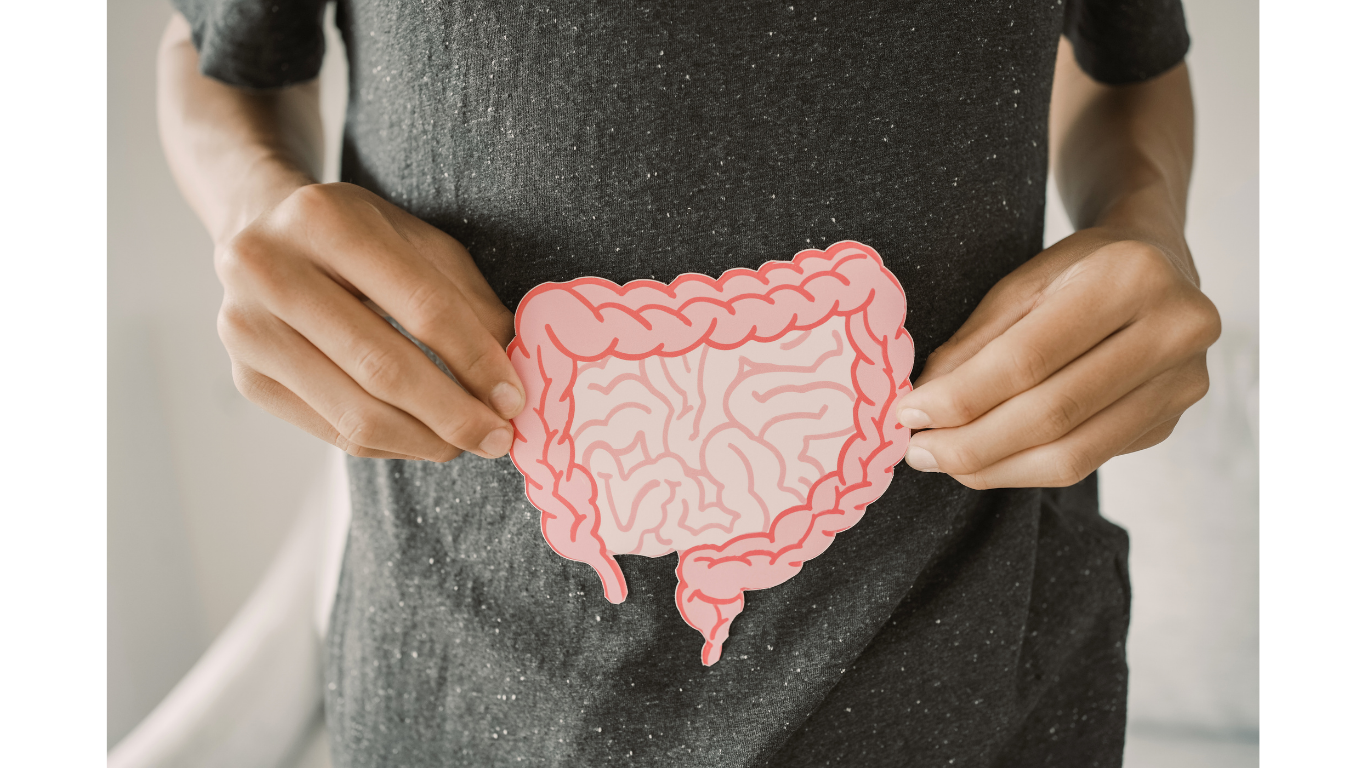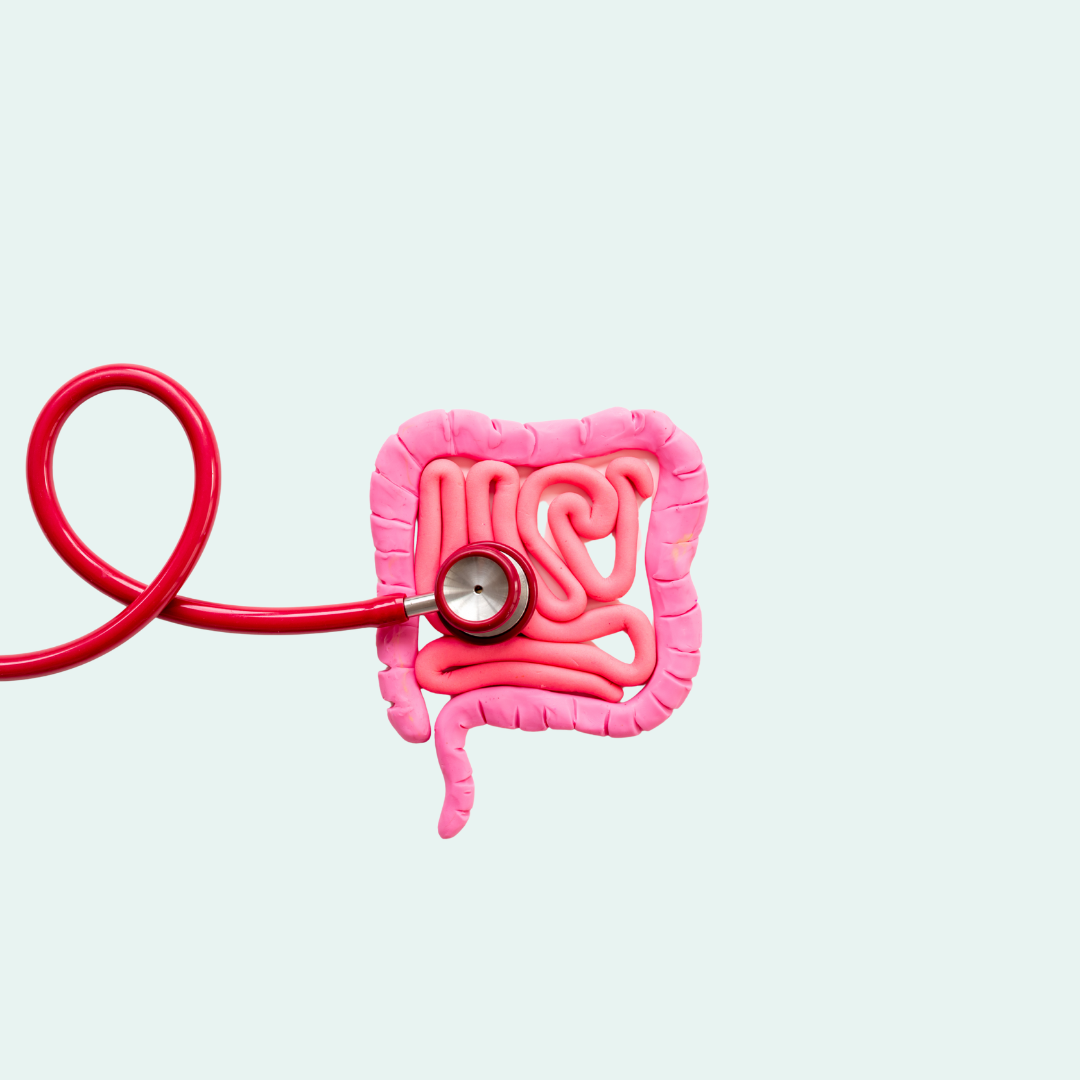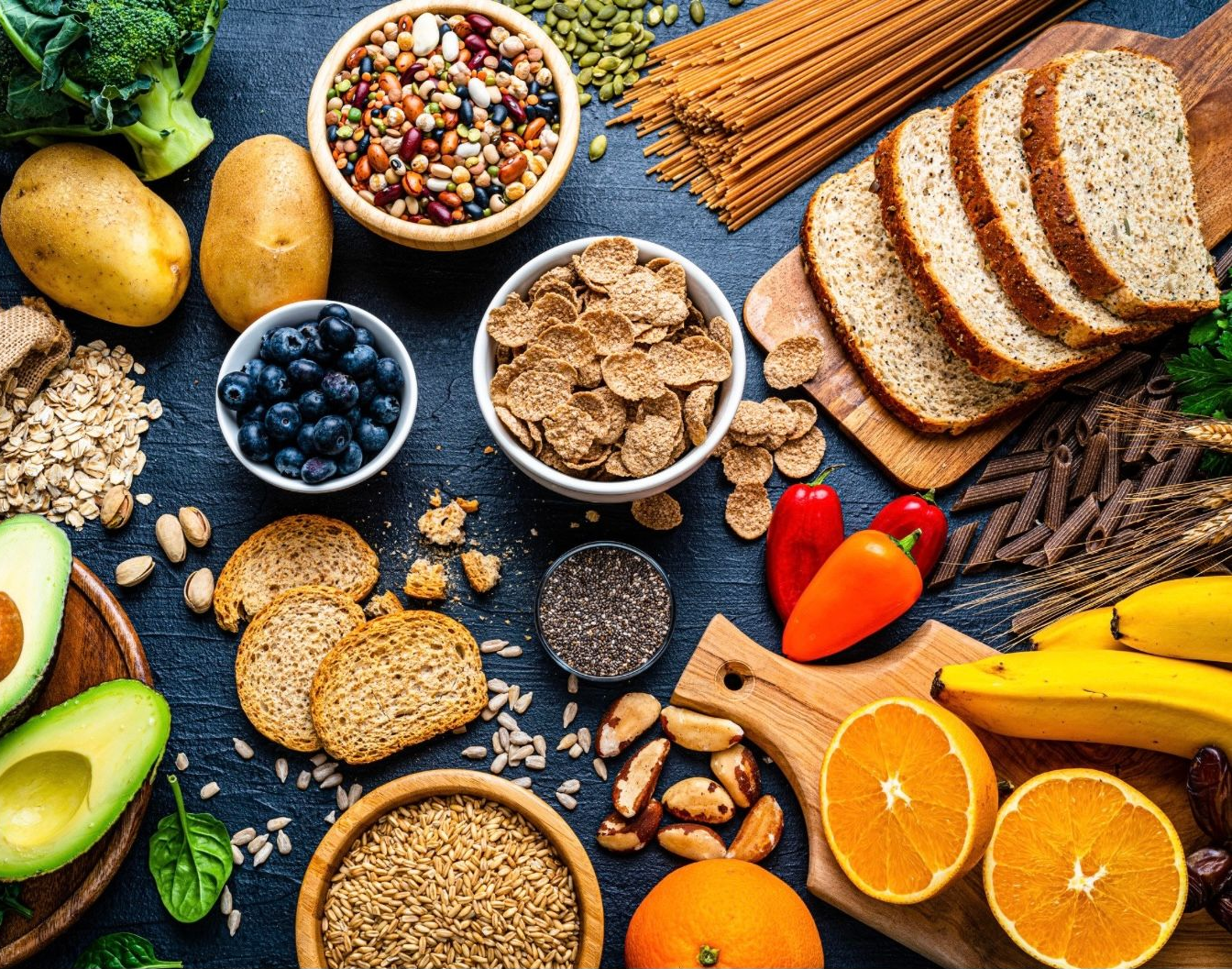Many clients tell me when they were diagnosed with Irritable Bowel Syndrome (IBS) it was almost more defeating than helpful, since all it really does is describe their symptoms.
There is no medical cure for IBS, and so the only medical solution is to manage the symptoms. Forever. That just sounds so depressing, right? Fortunately, natural resolution is possible. It simply requires a different approach and a deeper understanding of what’s happening in the microbiome and digestive organs.

When IBS Isn't the Full Answer
Depending on the studies you read, there are various “causes” of IBS in the medical world, but none that really offer solutions. One leading cause is changes to the microbiome or “dysbiosis,” sometimes referred to as intestinal methane overgrowth (IMO), or as small intestinal bacterial overgrowth (SIBO). According to research, SIBO or IMO are the cause in anywhere from 4-78% of IBS cases. In my experience helping clients with IBS, SIBO is a primary cause, or at least a contributing factor, in at least half of all cases.
Other factors contributing to IBS include a history of traumatic brain injury (TBI), altered motility, insufficient digestion, and inflammation. However, these additional factors are typically influenced by a deeper root cause such as dysbiosis or SIBO, and typically aren’t singular causes which alone will resolve IBS symptoms.
Testing & Traditional IBS Treatments
If you suspect IBS, SIBO testing is sometimes recommended (or some GI specialists may simply prescribe antibiotics without testing).
The most reliable form of testing is a breath test, and should be able to detect methane, hydrogen, and hydrogen sulfide gas production. The type of gas produced depends on what type of bacteria are present.
If you have already been diagnosed with IBS and/or SIBO, there are options to address it. A traditional GI specialist may prescribe antibiotics, which are extremely effective at reducing bacterial overgrowth. However, antibiotics are not very selective, and so they can also kill beneficial bacteria which naturally protect the body from future issues like recurring dysbiosis and fungal overgrowth.
Because of this, SIBO comes back in about 80-90% off cases.
One round of antibiotics can be life-changing in terms of symptoms, but I would argue that
we need a better system than repeat rounds of antibiotics to treat a never-ending cycle of bacterial overgrowth. Even dietary changes which can often help immensely to manage symptoms, are not a cure, and typically continue to trigger flares once reintroduced after a brief elimination period.

A Functional Approach to Lasting IBS Relief
In my experience, the game-changing approach is what happens after the first step of killing off bacterial overgrowth (which can also be done naturally with botanicals or herbs). The second and third steps are crucial to prevent recurrence.
Step #1: Remove Triggers & Address Bacterial Overgrowth
The first step focuses on reducing excess intestinal bacteria. This can be done with targeted antibiotics or natural botanicals and herbs, depending on your needs.
Step #2: Repair the Gut & Restore the Microbiome
Step 2 involves key nutrients like zinc and polyphenols to help repair the intestinal lining and reduce chronic inflammation, as well as using specific strains of probiotics to replenish the body’s innermost defense system –the microbiome. The microbiome is like our internal military, and without it we are more susceptible to imbalance, infection, and illness. Certain probiotic strains like bacillus coagulans or subtilis can help balance bacteria initially, but bifido and lacto strains are also essential as well, so sometimes this process requires guided testing and several rounds of rotating formulas to restore balance.
Step #3: Prevent Recurrance & Support Long-Term Gut Health
Step 3focuses on prevention, which may include some components of Step#2 along with other approaches such as dietary adjustments and mind-body exercises or stress management techniques. This is not a “fluff” step. It is essential to addressing all potential gut-disrupting triggers, and helping the body and mind to be more resilient against recurrence.
By completing these steps in order over the course of several months, resolution of IBS caused by SIBO is possible! The sooner symptoms are dealt with, usually the easier they are to rectify, and less likely symptoms are to return. So don’t wait to deal with bloating, constipation, or diarrhea. They are not just annoying symptoms, but clues to a deeper root cause that can be identified and addressed, not just managed.
If you're ready to move beyond symptom management and want to uncover what's really driving your IBS, I'm here to help.
Schedule a New Client Consult today and take the first step towards feeling better - from the inside out!
IBS & GUT HEALTH FAQs
Can IBS actually be cured, or only managed?
While conventional medicine focuses on symptom management, addressing the root cause — such as SIBO or dysbiosis — can lead to full resolution in many cases. Functional nutrition and targeted gut healing protocols aim for lasting improvement, not just control of symptoms.
What’s the difference between IBS and SIBO?
IBS (Irritable Bowel Syndrome) describes a group of symptoms like bloating, constipation, or diarrhea. SIBO (Small Intestinal Bacterial Overgrowth) is a specific condition where too much bacteria grows in the small intestine — and it’s often the underlying cause of IBS symptoms.
How is SIBO tested?
The most accurate test is a breath test that measures hydrogen, methane, and hydrogen sulfide gas. These gases are produced by bacteria in the small intestine and can help identify the type of overgrowth present.
Why does IBS or SIBO keep coming back after antibiotics?
Antibiotics can reduce bacterial overgrowth, but they also wipe out beneficial bacteria that protect the gut from recurrence. Without rebuilding the microbiome and repairing the intestinal lining, symptoms often return.
What natural steps can help prevent IBS from coming back?
A comprehensive plan often includes repairing the gut lining with nutrients like zinc and polyphenols, replenishing beneficial bacteria with probiotics, and addressing lifestyle factors such as diet and stress. These steps help support long-term gut balance and resilience.
Recent Blog Posts
Share this post!
About the Author
Rhya Pachin is a licensed dietitian nutritionist who employs an "integrative" approach to support overall health rather than addressing just one symptom. As a certified LEAP therapist, she designs and supervises custom elimination diets. Her focus areas include gastrointestinal conditions like IBS and IBD, autoimmune diseases such as rheumatoid arthritis and Hashimoto's, persistent weight issues, food sensitivities, and chronic inflammatory conditions in both adults and children.





